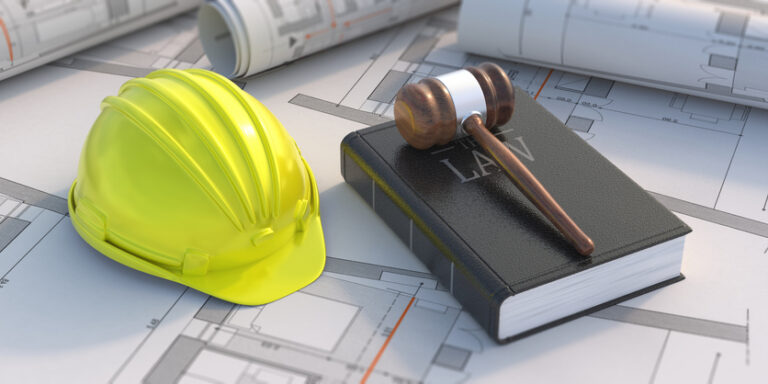Introduction to Construction Disputes and Litigation
Construction disputes happen when disagreements arise during a construction project. These disputes often involve contract breaches, delays, payment issues, or construction defects. They can result from miscommunication, unclear contracts, unmet deadlines, or poor workmanship. If parties cannot resolve these disagreements, the disputes can lead to litigation, where one party files a lawsuit and asks the court to decide the outcome.
Litigation in construction disputes can be costly and time-consuming. Property owners might initiate litigation to seek compensation for defects or delays, while contractors might sue for unpaid fees or losses resulting from project changes. In either case, legal action is sometimes necessary to resolve these disputes.
Legal representation plays a key role in construction disputes, especially when they result in litigation. Whether you are a contractor, property owner, or developer, a construction attorney can explain your rights, help you evaluate your options, and build a strong case. Skilled representation can also lead to faster, more favorable resolutions, whether through settlement negotiations or formal litigation.

Understanding Core Elements of Construction Law In Florida
Florida construction laws cover numerous legal aspects of construction projects, from initial contracts to final inspections. These laws aim to protect property owners, contractors, and workers by establishing clear rules and responsibilities. Learning the basics can help you avoid disputes and costly delays in your construction project.
Contract Requirements Under Florida Law
Florida law requires construction contracts to clearly state the terms of the agreement. These contracts must include the scope of work, payment terms, timelines, and any warranties or guarantees. Florida’s lien laws also play a key role. Contractors must provide a Notice to Owner when they begin work, which informs property owners of their right to dispute liens. Missing this step can limit a contractor’s ability to collect unpaid fees. To prevent legal issues, parties should always ensure contracts comply with Florida law and document all agreements in writing.
Compliance with Labor and Safety Regulations
Construction projects must follow labor and safety regulations to protect workers and reduce liability. Florida requires contractors to comply with federal Occupational Safety and Health Administration (OSHA) standards and state-specific guidelines. This includes providing proper safety equipment, training workers, and maintaining safe job sites. Employers must also adhere to wage laws, including the proper classification of workers as employees or independent contractors. Violations can result in fines, lawsuits, or even criminal penalties.
Permits and Licensing
Florida law requires proper permits and licensing for most construction projects. Contractors must hold valid licenses issued by the Florida Department of Business and Professional Regulation (DBPR). Some local governments also require permits for specific projects, such as new construction, electrical work, or plumbing. Working without the necessary permits or licenses can lead to project delays, fines, and legal action. Verifying all permits and licenses before starting work is the best way to ensure compliance and avoid complications.
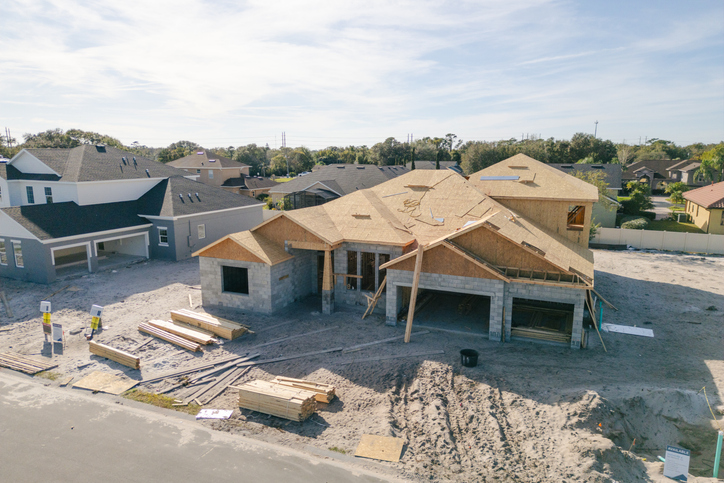
Types of Construction Disputes
Construction disputes can arise from many issues that disrupt projects and harm relationships between property owners, contractors, subcontractors, or developers. These disputes often involve disagreements over contracts, finances, project quality, or timelines. The stakes in construction disputes are high because they can result in significant financial losses, project delays, and damaged reputations.
Breach of Contract
Breach of contract disputes happen when one party fails to meet the obligations outlined in a construction agreement. For example, a dispute could arise if a contractor fails to complete work as promised or a property owner doesn’t make timely payments. Disputes over contract terms can also happen if the language in the agreement is unclear or unforeseen circumstances force changes to the original terms. In these situations, the injured party might take legal action to recover compensation for their losses or enforce the contract’s original terms.
Payment and Financial Disputes
Payment disputes are one of the most common issues in construction. Contractors frequently experience delays in payment, partial payments, or nonpayment for completed work. Subcontractors often face similar problems, especially if the contractors above them experience cash flow issues. Property owners sometimes withhold payment if they believe the work does not meet the agreed-upon standards. Florida’s construction lien laws allow contractors and subcontractors to file liens against a property to secure payment, but this process can also lead to further disputes.
Quality and Defects in Construction
Disputes over quality often involve claims of defective construction. Property owners might argue that completed work does not meet contractual specifications, building codes, or industry standards. Relevant defects can include structural issues, improper installation, or the use of substandard materials. Contractors sometimes counter that defects result from design flaws or misuse of the property after project completion. Resolving these disputes often requires expert evaluations and can lead to significant repair costs or lawsuits.
Delays and Scheduling Conflicts
Delays disrupt construction projects and are another common source of disputes between property owners and contractors. Many construction delays result from unforeseen and uncontrollable circumstances, such as bad weather, supply chain issues, or labor shortages. However, disputes can arise if one party believes the other caused the delay through negligence or failure to meet deadlines. Scheduling conflicts can further complicate projects, especially if delays impact the work of subcontractors or other parties involved.
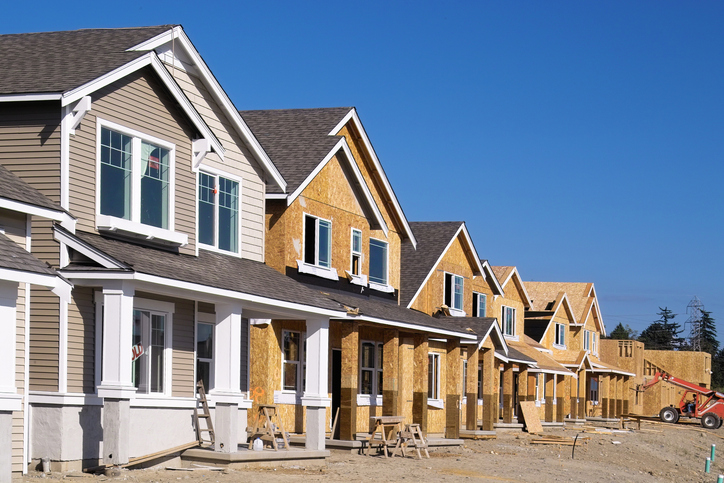
Construction Dispute Resolution Methods
Construction disputes can quickly become costly and disruptive, so it’s essential to approach resolution with a clear strategy. Different dispute resolution methods offer different ways to address disagreements based on the complexity of the issue, the willingness of parties to cooperate, and the desired outcome. Each of the following methods has its strengths and weaknesses, and understanding them can help you make informed decisions for resolving your Florida construction dispute.
Mediation
Mediation is a process that involves a neutral third party who helps the disputing parties reach a mutually acceptable agreement. Unlike formal legal proceedings, mediation is informal and allows for open communication. The mediator does not decide the outcome but facilitates discussions to help the parties find common ground. Mediation works well when both sides want to maintain a working relationship, as it emphasizes collaboration and compromise. It is often faster and less expensive than other methods, which makes it an attractive option for resolving disputes over payment, timelines, or minor contract disagreements. However, mediation relies on both parties’ willingness to negotiate, so it doesn’t always work for contentious disputes.
Arbitration
Arbitration is a more formal process than mediation but less formal than litigation. In arbitration, the disputing parties present their cases to an arbitrator or a panel of arbitrators. The arbitrator acts as a private judge, listening to both sides and making a binding decision. Many construction contracts include clauses requiring arbitration to settle disputes. Arbitration offers a quicker resolution method than litigation and allows for more control over the process. For example, parties can select arbitrators with expertise in construction law. While arbitration provides finality, it lacks the flexibility of mediation. Additionally, the arbitrator’s decision is typically final, with limited options for appeal, which might not satisfy all parties.
Litigation
Litigation involves resolving disputes through the court system. It is often the last resort when other methods fail, or the stakes are too high for informal resolution. In litigation, each party presents its case to a judge, and sometimes a jury, who determines the outcome based on the available evidence and applicable laws. Litigation is highly structured, with clear procedures for discovery, evidence presentation, and appeals. It works well for complex disputes, such as cases involving significant financial losses or legal questions that require a court’s authority. However, litigation is time-consuming and expensive. It also tends to strain relationships, so parties typically try to resolve disputes in other ways before resorting to litigation.
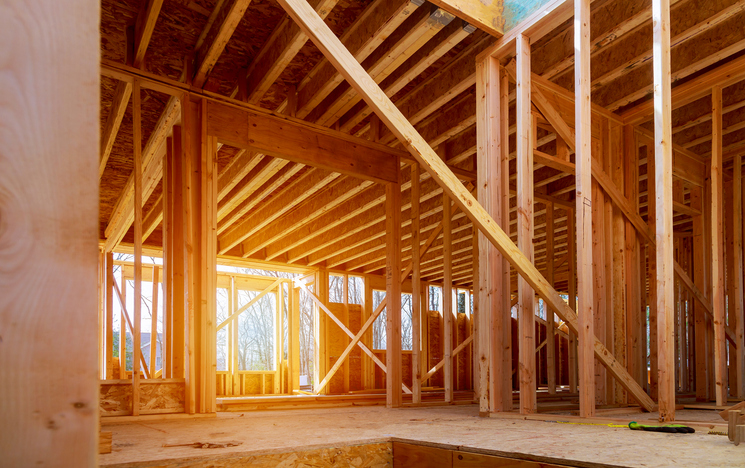
Minimizing Legal Risks and Disputes in Construction Projects
Legal risks and disputes can derail construction projects, lead to costly delays, and strain relationships. It’s best to involve a lawyer who can help you identify and address potential issues early in the process before the smaller problems escalate. An attorney can provide guidance on contract management, compliance, and risk mitigation to reduce the likelihood of disputes and protect your interests throughout your project.
When you hire a construction litigation lawyer, they can draft and review all your contracts to ensure they clearly define all terms and obligations. Construction contracts should include detailed language about payment schedules, timelines, scope of work, dispute resolution methods, and warranties. A lawyer can verify that these terms comply with Florida law and address common risks that could arise due to vague or confusing language. Proper contract management minimizes misunderstandings and creates a strong foundation for projects.
Attorneys can provide essential support in compliance with local, state, and federal regulations. Construction projects must meet specific requirements related to labor laws, safety standards, and environmental rules. A lawyer can conduct regular compliance audits and review project practices to help you meet these obligations.
Involving a lawyer from the start of your project can also prevent issues before they arise. Lawyers provide advice during the planning phase on elements like proper permits, licenses, and insurance coverage. They can also review contracts and subcontracts before you sign them to help you avoid unfavorable terms. Early involvement allows your lawyer to identify potential legal pitfalls and recommend preemptive strategies to address them. Addressing these concerns upfront can save time and money in the long run, so you should hire a construction attorney as soon as possible in your construction project timeline.
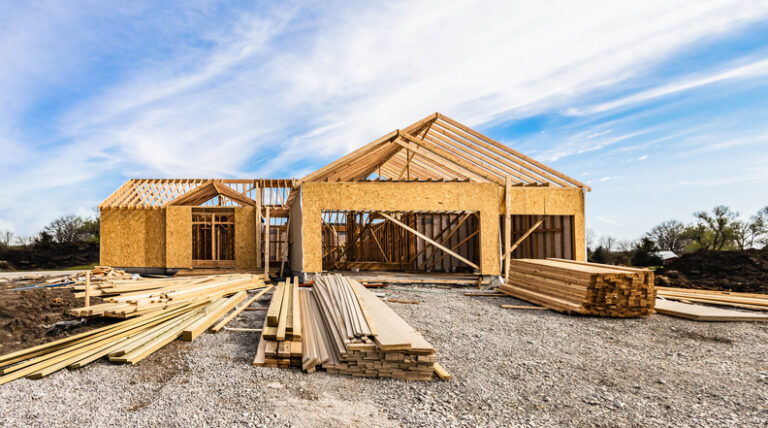
The Role of Construction Attorneys in Dispute Resolution
Construction attorneys play a key role in resolving disputes effectively, protecting your interests, and avoiding litigation when possible. Whether you are a contractor, property owner, or developer, an experienced attorney can help you handle disputes and achieve favorable outcomes in negotiations and other alternative dispute resolution methods.
When you work with a construction attorney, they will begin by developing a strong legal strategy tailored to your specific dispute. They might review contracts, project documents, and communication records to identify key issues and build your case. They will also analyze applicable laws and regulations to determine the ideal approach for resolution. This thorough preparation strengthens your position and increases your chances of success.
Attorneys can be helpful in negotiating resolutions that avoid lengthy and costly litigation. Your lawyer will act as your advocate during settlement discussions to protect your rights. They will work hard to understand the strengths and weaknesses of both sides and propose fair solutions that meet your needs. They can also help you assess settlement offers to determine whether accepting or rejecting a proposal aligns with your goals. Skilled negotiation often resolves disputes quickly and preserves working relationships.
A construction attorney can also guide you through alternative dispute resolution methods like mediation and arbitration. If the dispute escalates to litigation, they can prepare legal filings, gather evidence, and represent you in court.
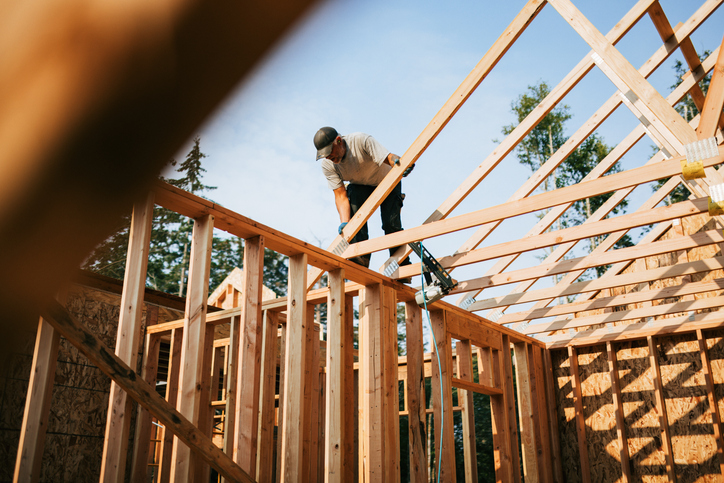
Contact a Construction Litigation Lawyer Now
If you are dealing with a construction dispute in Florida or need legal guidance for your project, take the first step toward resolving the issue now. Contact the attorneys at Boatman Ricci for personalized legal support tailored to your situation. Call us today to begin your initial consultation, and let us help you address your legal challenges.
